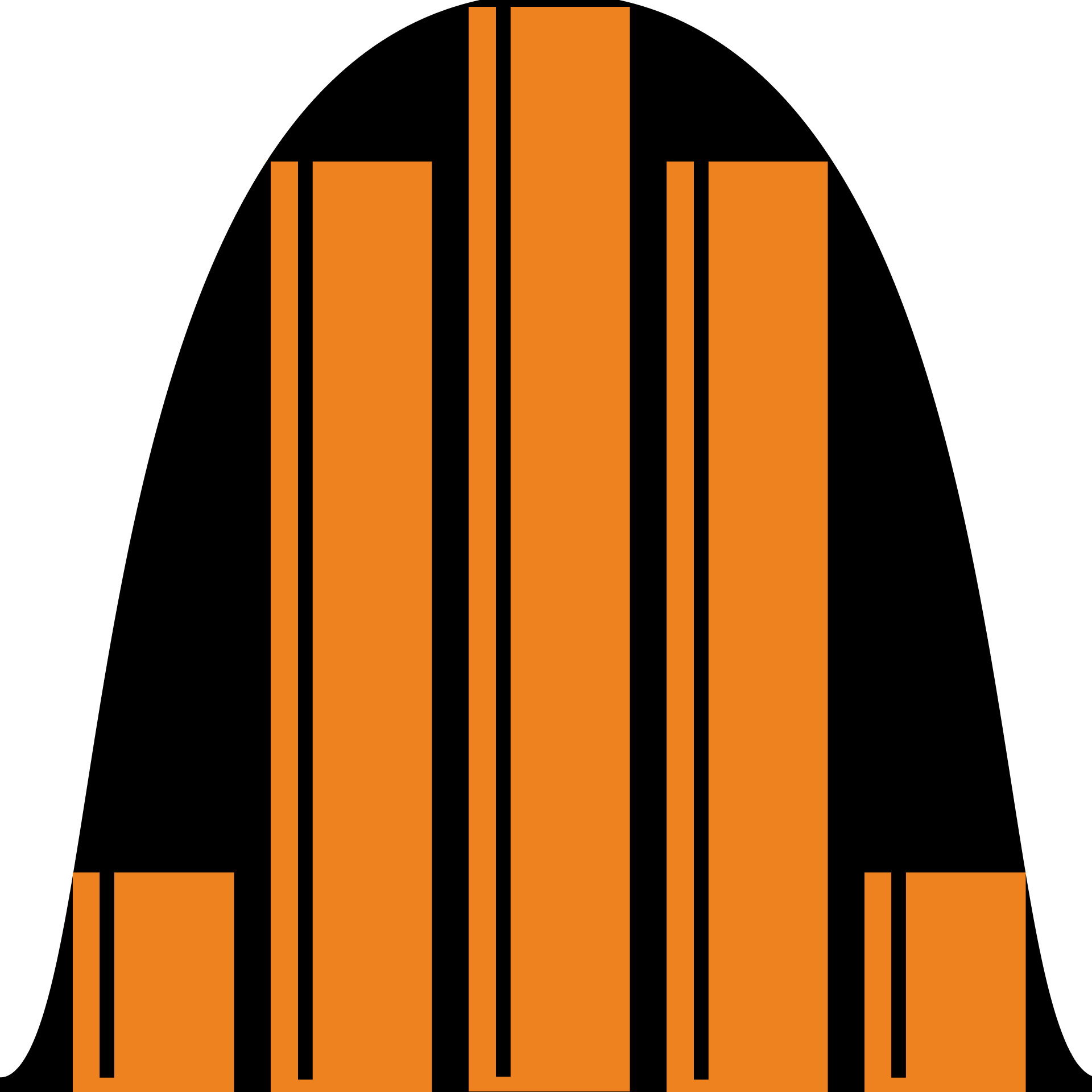
Description
The course examines the methods used in epidemiologic research, including the design of epidemiologic studies and the collection and analysis of epidemiological data. Epidemiology is the study of the distribution and determinants of human disease and health outcomes, and the application of methods to improve human health. Epidemiological studies are typically observational in nature, meaning that that the investigator has limited control over the exposure that study participants experience. Epidemiological studies are typically concerned about the health of populations, while clinical medicine is concerned with the health of individual persons.
Upon completion of the course, the student will be able to:
- Understand epidemiologic hypotheses, concepts and measures
- Describe epidemiologic study designs.
- Understand the strengths and limitations of various epidemiologic study designs.
- Design an epidemiological study.
- Identify sources of bias, confounding and effect modification in epidemiological studies.
- Analyze epidemiologic data using multivariable methods.
- Prepare and make an epidemiological presentation.
- Write an epidemiologic report.
- Write a proposal for an epidemiologic study.
- Critically read epidemiological literature.
Tags
Syllabus
We look forward to our time together learning how epidemiologists define cases, assess exposures and design studies to consider the impact of various factors on the health of a population. Upon completion of this course, you will be able to:
- Understand epidemiologic hypotheses, concepts and measures
- Describe epidemiologic study designs.
- Understand the strengths and limitations of various epidemiologic study designs.
- Design an epidemiological study.
- Identify sources of bias, confounding and effect modification in epidemiological studies.
- Analyze epidemiologic data using multivariable methods.
- Prepare and make an epidemiological presentation.
- Write an epidemiologic report.
- Write a proposal for an epidemiologic study.
- Critically read epidemiological literature.
For some general information about this course, read below About the Instructor, Being a Successful Learner, Getting Help, Personalizing Your Contact Information and Special Materials...

STAT 507: Epidemiological Research Methods
-
TypeOnline Courses
-
ProviderOPEN.ED@PSU
The course examines the methods used in epidemiologic research, including the design of epidemiologic studies and the collection and analysis of epidemiological data. Epidemiology is the study of the distribution and determinants of human disease and health outcomes, and the application of methods to improve human health. Epidemiological studies are typically observational in nature, meaning that that the investigator has limited control over the exposure that study participants experience. Epidemiological studies are typically concerned about the health of populations, while clinical medicine is concerned with the health of individual persons.
Upon completion of the course, the student will be able to:
- Understand epidemiologic hypotheses, concepts and measures
- Describe epidemiologic study designs.
- Understand the strengths and limitations of various epidemiologic study designs.
- Design an epidemiological study.
- Identify sources of bias, confounding and effect modification in epidemiological studies.
- Analyze epidemiologic data using multivariable methods.
- Prepare and make an epidemiological presentation.
- Write an epidemiologic report.
- Write a proposal for an epidemiologic study.
- Critically read epidemiological literature.
We look forward to our time together learning how epidemiologists define cases, assess exposures and design studies to consider the impact of various factors on the health of a population. Upon completion of this course, you will be able to:
- Understand epidemiologic hypotheses, concepts and measures
- Describe epidemiologic study designs.
- Understand the strengths and limitations of various epidemiologic study designs.
- Design an epidemiological study.
- Identify sources of bias, confounding and effect modification in epidemiological studies.
- Analyze epidemiologic data using multivariable methods.
- Prepare and make an epidemiological presentation.
- Write an epidemiologic report.
- Write a proposal for an epidemiologic study.
- Critically read epidemiological literature.
For some general information about this course, read below About the Instructor, Being a Successful Learner, Getting Help, Personalizing Your Contact Information and Special Materials...
Tags
Related Courses


Postgraduate study skills in science, technology or mathematics

Computational Probability and Inference

Precalculus: Relations and Functions

Geometric Algorithms

C# and Shader Tutorials for the Unity Engine

Differential Equations II

Random Variables & Distributions

Logic II

Alberta Education Diploma - Mathematics 30-1: Exam Prep & Study Guide

FTCE General Knowledge Test (GK) (082) Prep


 Online Courses
Online Courses  OPEN.ED@PSU
OPEN.ED@PSU
